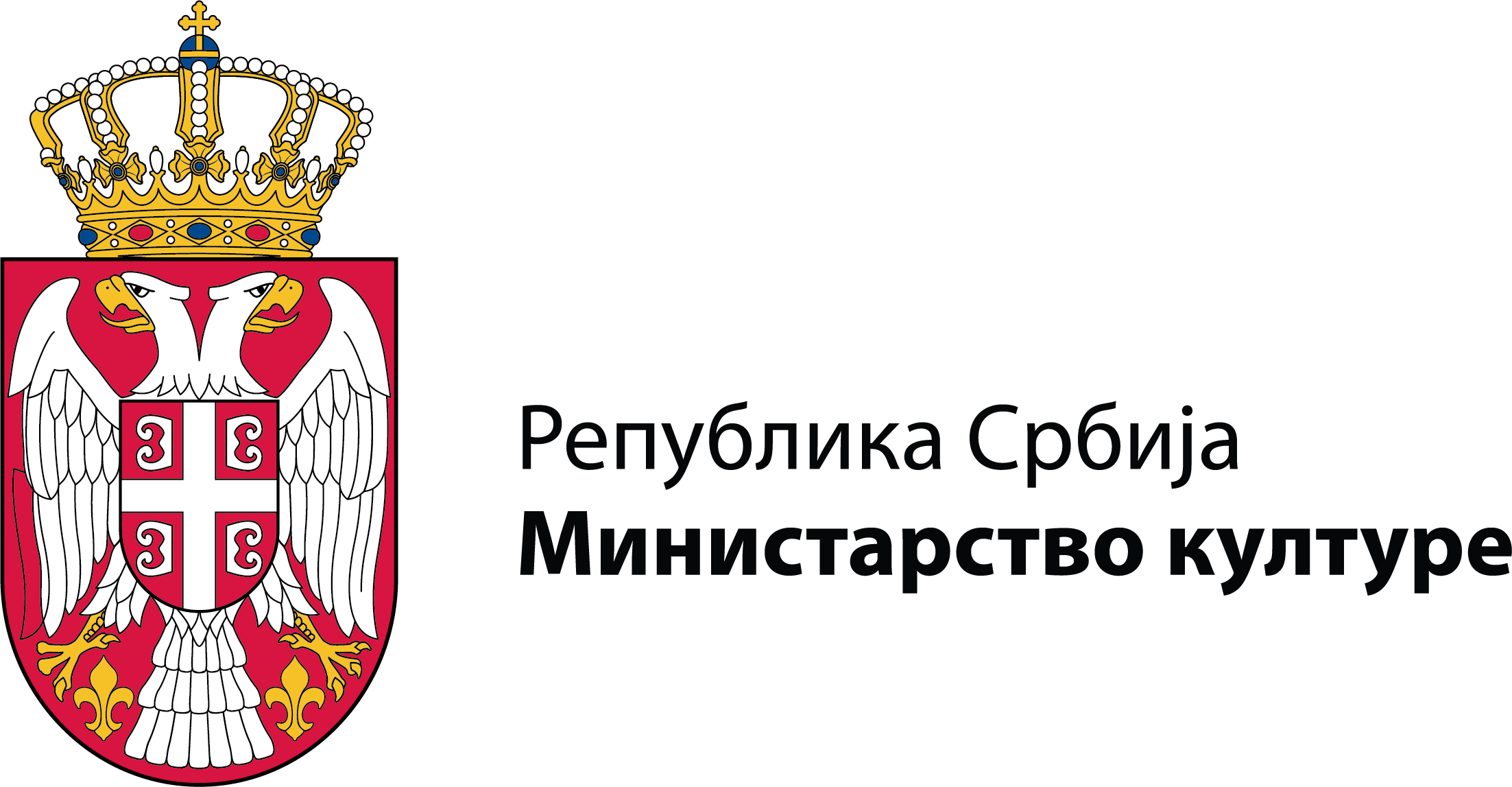With the aim of further strengthening cultural ties and preserving the shared national and spiritual heritage, a delegation from the Museum of the Republic of Srpska, led by Director Davor Strika, paid an official visit to the Ethnographic Museum in Belgrade. They were hosted by the Director of the Ethnographic Museum, Marko Krstić.
This visit is part of ongoing efforts to deepen and enrich the cooperation between Serbia and the Republic of Srpska through the joint preservation and presentation of the cultural heritage of the Serbian people on both sides of the Drina River—as part of a shared tradition that connects us.
During the meeting between the museum leaderships, various joint initiatives were discussed, including the planned participation of both museums in a major exhibition in Paris next year, organized within the program of the Serbian Cultural Center. The exhibition will be dedicated to the Zmijanje embroidery, the first element of the intangible cultural heritage of the Republic of Srpska inscribed on UNESCO’s World Heritage List. It was also agreed that the exhibition would be presented as part of the celebration marking the 125th anniversary of the Ethnographic Museum.
In addition to exhibition activities, the two museum teams also discussed the exchange of experts and experiences in the fields of conservation, digitization, and museological research.
“These activities aim not only at knowledge exchange but also at strengthening the capacities of institutions involved in safeguarding the cultural identity of the Serbian people—both in Serbia and in the Republic of Srpska,” said the Director of the Ethnographic Museum, emphasizing that the visit goes beyond mere protocol cooperation.
The visit is a testament to a shared commitment—as institutions that preserve and nurture the same cultural heritage—to act united and with purpose in preserving what defines us as a people with a rich and distinctive tradition, Krstić highlighted. He added that this creates opportunities for developing new projects that will bring culture closer to young people and the wider public, not only in our region but around the world.
“Cooperation with cultural institutions from Serbia, such as the Ethnographic Museum in Belgrade, is of strategic importance to us in the Republic of Srpska. Only through joint efforts can we successfully preserve and pass on our heritage to future generations. These kinds of meetings are proof that the Serbian people—no matter where they live—have the strength to be united in protecting their culture,” said Strika.
The visit was assessed as a significant contribution to enhancing relations between Serbia and the Republic of Srpska in the field of culture and as a step toward establishing more lasting institutional ties that transcend administrative and geographical boundaries in the service of preserving the shared cultural space of the Serbian people.

